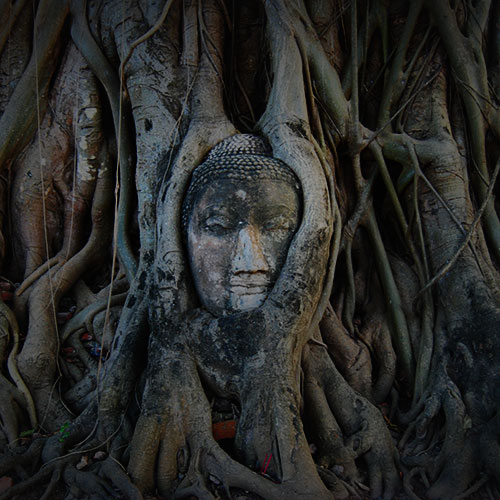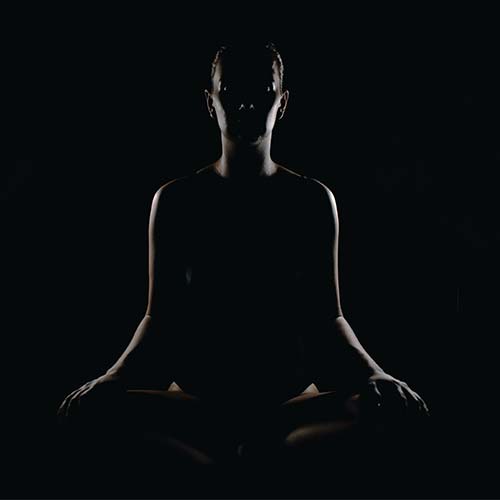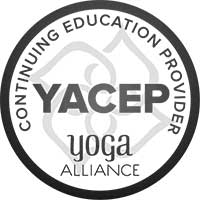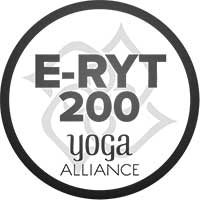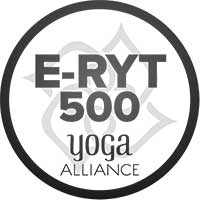Do I have to be religious to do yoga?
Yoga ist not Hinduism, but the answer is not as simple
No, yoga is not Hindusim. This much in advance, you can sit back and relax. You don't have to become Hindu, Buddhist or join any other religion to practice yoga. And you won't have any disadvantages if you don't believe in one of these beliefs.
Did Yoga originated from Hinduism?
Let's take a closer look what exactly lies behind this, and why yoga is often (and not quite correctly) closely associated with Hinduism.
I owe my information source to the researcher and yogi Haaresh (also known as Christopher Wallis). Thanks to him at this point. First of all to clear up: Hinduism is a very modern coined term, which actually was not "invented" by the followers themselves. India has always been a country of the most diverse traditions, beliefs and languages. The European colonialists who had to deal with the Indians at that time were not up to this extremely wide spectrum of directions. They made it easy for themselves and simply called all these people Hindoos. Supposedly this comes from Persian and means "people east of the Indus River". The term Hindu is absent prior to the colonial period. According to Wallis, the larger predominant religions were:
"Brāhmanism (a.k.a. Vedism), Shaivism, Shāktism, Vaiṣhṇavism, Buddhism, and Jainism, plus a few non-religious spiritual traditions, such as Sānkhya and Pātañjala Yoga."
It was only later (around 1800) that some Indians referred to themselves as Hindusist. And because they then had to define what that meant exactly, they came up with the following statement: "all those lineages, sects, and traditions that regarded the Vedas."
What are the Vedas? The connection to Yoga
In a nutshell, the Vedas are India's first (and probably one of the absolute oldest scriptures in human history) holy scriptures. It is said that there is written down an unaltered absolute truth of how the world and the cosmos is and works.
Well, the Vedas are also the source or at least en early inspiration of many yoga texts and spiritual practices and rituals. They have played a central role in the development of Indian religions (e.g. Buddhism) through all periods of time. The Vedas, however, do not have a specifically religious orientation, but surly a spiritual one, and this is often misunderstood and as a result interpreted as Hindu. This gives the impression that yoga has as its origin the teachings of Hinduism, which is not true. Yoga and Hinduism refer to the same root, but over the millennia they have differentiated themselves from each other - and true yogis or yoga practitioners do not have to convert to Hinduism. Nowadays where yoga is so popular, certainly some groups would like to have the heritage in their religion, but we have to state that this is not the case.
Of course, the confusion is not eased if we speak of deities (which, by the way, often stand for nature energies) or have figures in our yoga rooms that are considered Hindu. As we have learned, these names and deities have been carried forward from the Vedas, revisited, and in some cases reinterpreted or renamed in later writings (such as the Upanishads, the Yoga Sutras, or the Hatha Yoga Pradipika) to serve as tools to guide us to a particular goal in our yoga practice. And this still works today, whether you believe in these "gods" or energies or not, they do work in the body when used correctly. That is the practice of yoga. But off to the mat now...!
Cedric is head teacher of INEA•YOGA a Yoga School in Corfu, Greece. Check us out to find trainings, retreats and online videos.
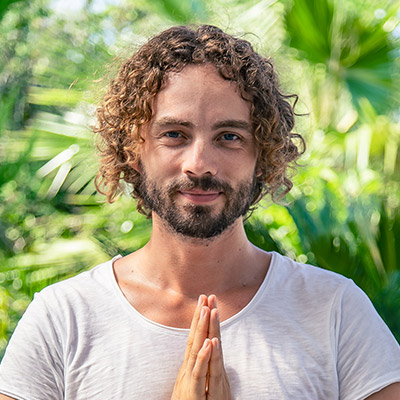
Cedric Stein
Head Teacher INEA • YOGA
My mission is to create a safe space for you to connect to your inner being. By following your breath, being in the present moment and noticing yourself.







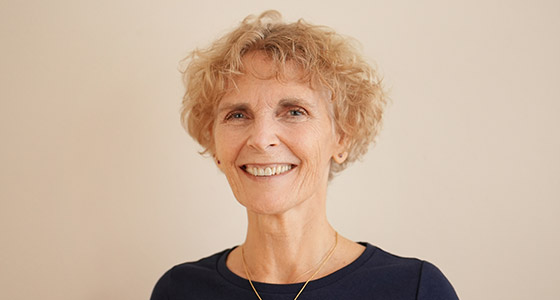





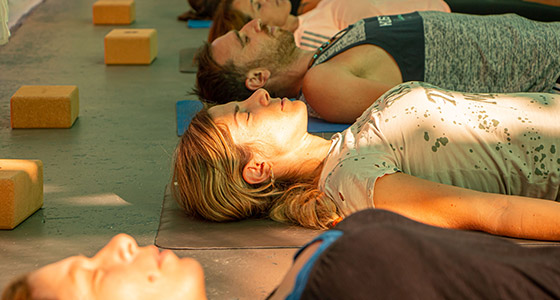
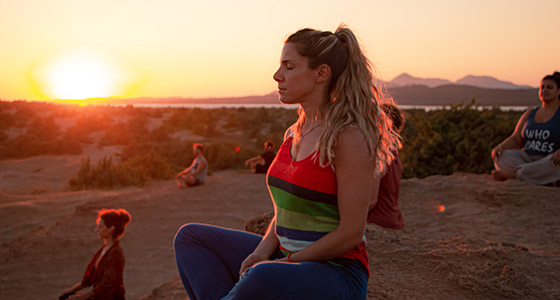




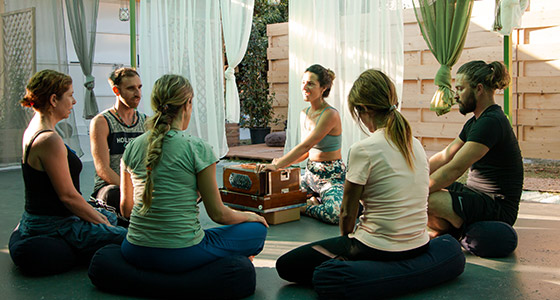



 90 min
90 min


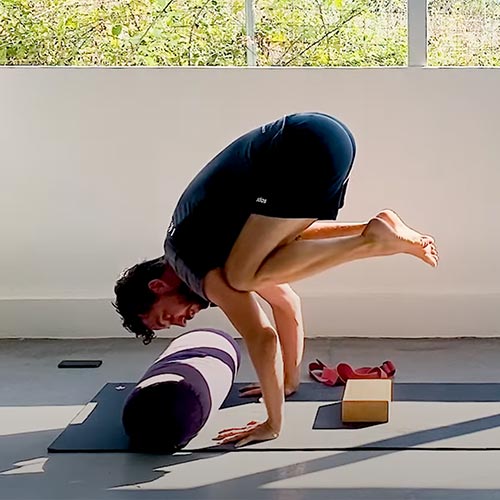



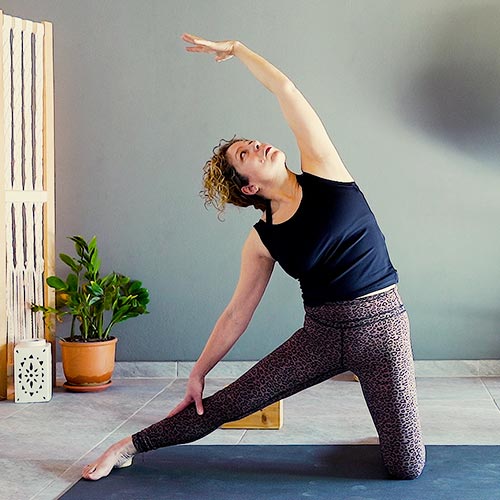

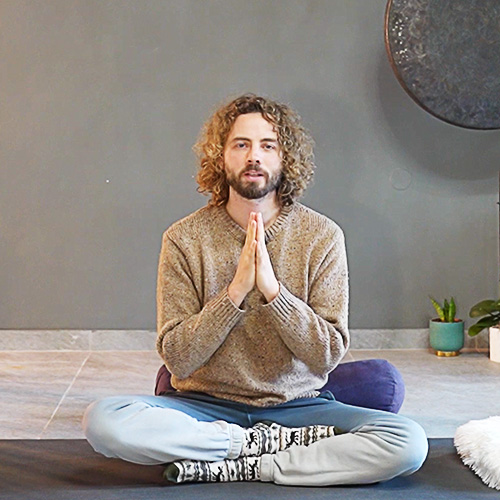
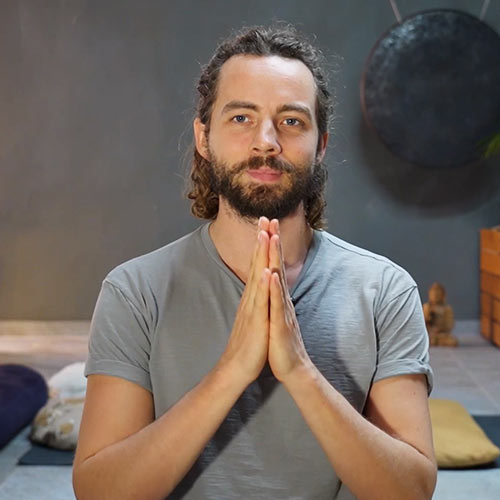
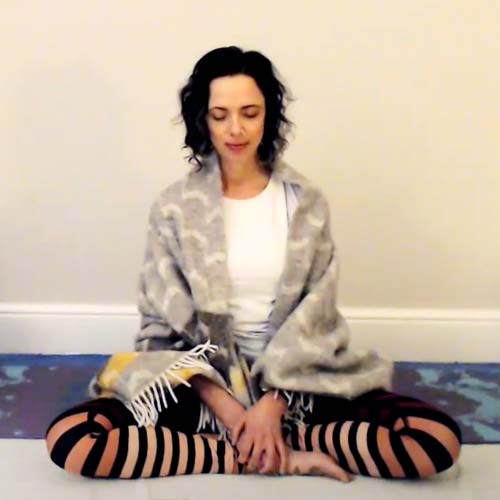

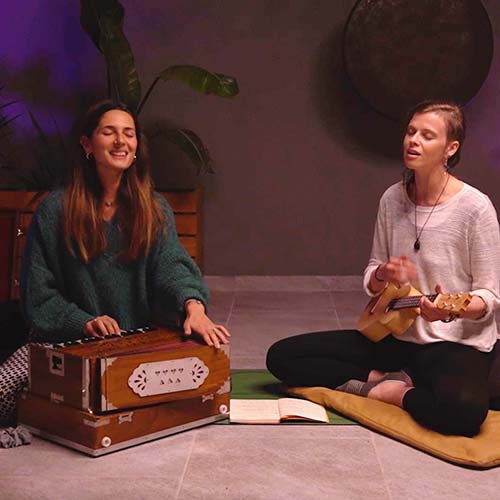



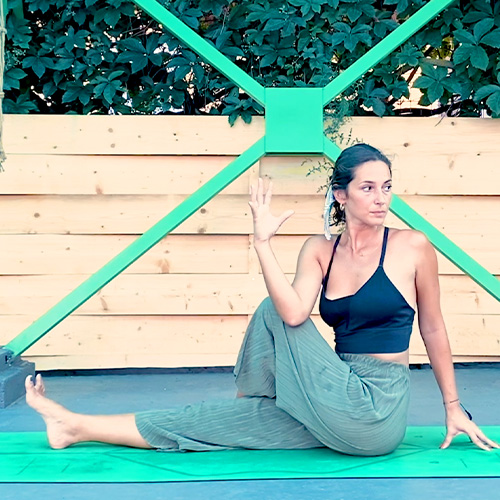
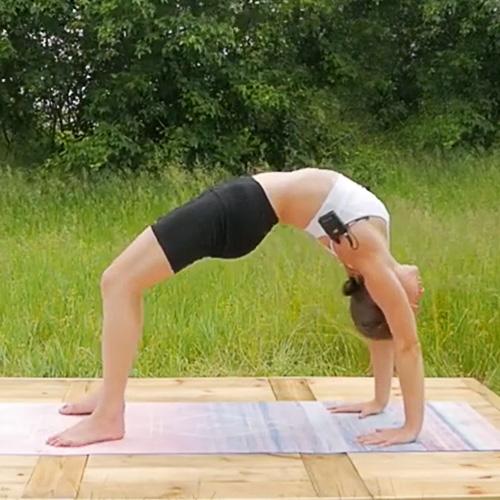




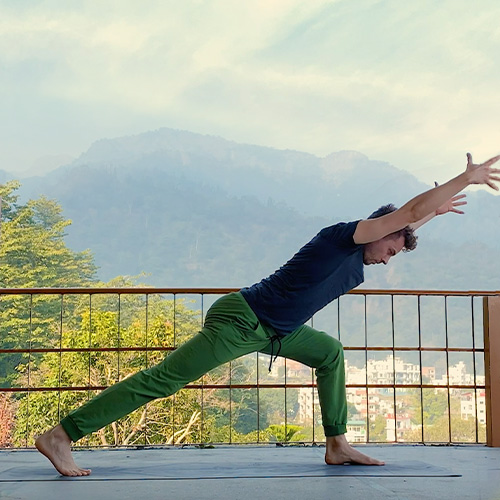
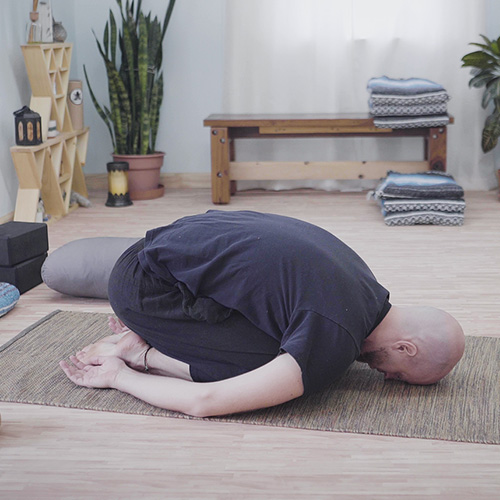

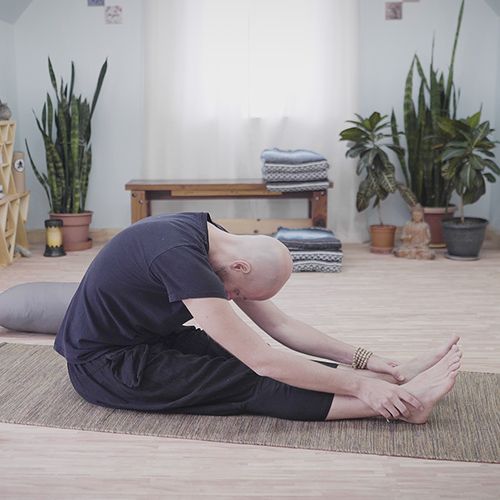




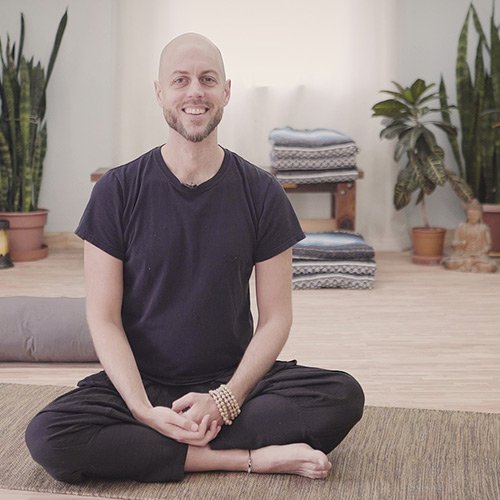

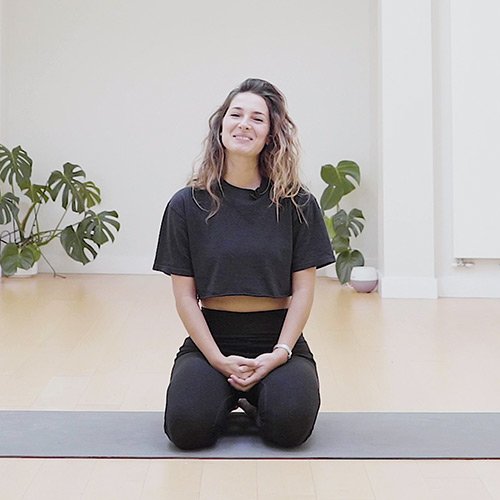

 read more
read more